By Suleman Chitera
Secondary school teachers in Malawi have decided to postpone their planned demonstrations, originally set for November 1, following a meeting with the Parliamentary Committee on Education held earlier today. The meeting marked a significant step toward addressing the teachers’ longstanding grievances and opened a path for dialogue between educators and government officials.
The president of the Secondary School Teachers Union (SESTU), Pilirani Kapolo, confirmed that the decision to delay the protests aims to allow time for constructive discussions. “We recognize the need for dialogue,” Kapolo said, explaining that the postponement would enable Parliament to engage other key stakeholders involved in the matter, with hopes of reaching an agreeable solution.
- Kabambe Calls for United National Action as UTM Extends Lifeline to Flood Victims in Dwangwa
- Kamphangala accuses MCP members of calling for Chimwendo’s release
- Malawi at A crossroads: The K21 Trillion question that demands answers
- China Unveils Next-Generation Strategic Missile Launcher with Breakthrough Mobility
- 2026 Audi Q3 Unveiled: Quattro All-Wheel Drive, Premium Interior and Advanced Digital Tech
Chairperson of the Parliamentary Committee on Education, Brainex Kaise, expressed a commitment to facilitating discussions that address teachers’ concerns. He assured teachers that the committee would invite all relevant stakeholders to the table, aiming for a collaborative approach to resolving the issues impacting educators. “This is a national issue, and it’s essential that all voices are heard,” Kaise stated, highlighting the committee’s role in coordinating efforts to improve conditions for teachers.
Tensions have been escalating within the teaching community, and on October 7, secondary school teachers sent a formal letter to the Secretary for Education, voicing their frustration over deteriorating work conditions. The letter outlined issues such as inadequate salaries, limited support resources, and poor working conditions, which teachers argue are increasingly affecting their ability to perform effectively.
The teachers’ union had initially planned demonstrations as a last resort after multiple appeals to the Ministry of Education went unaddressed. However, the decision to engage in dialogue with the Parliamentary Committee reflects a mutual desire to find a resolution without disrupting students’ education.
As negotiations unfold, teachers and union leaders remain hopeful that this period of dialogue will lead to meaningful changes in how the government supports and compensates educators. Many within the education sector view this collaborative effort as an opportunity to address systemic issues that, if resolved, could significantly boost morale and improve educational outcomes across Malawi.
With discussions set to continue, the public and teaching community alike are watching closely to see whether this effort by Parliament will bring the relief teachers have been seeking for years. The outcome of these dialogues may not only shape the future of secondary school education but could also influence broader reforms in Malawi’s education sector.
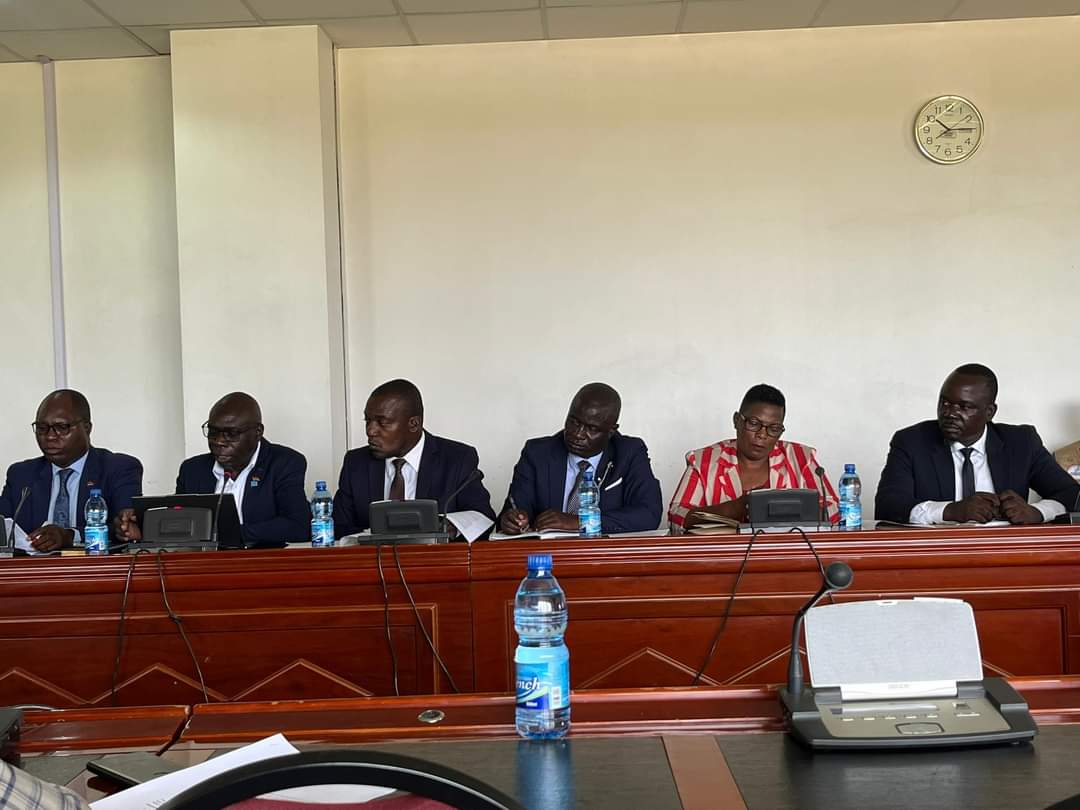
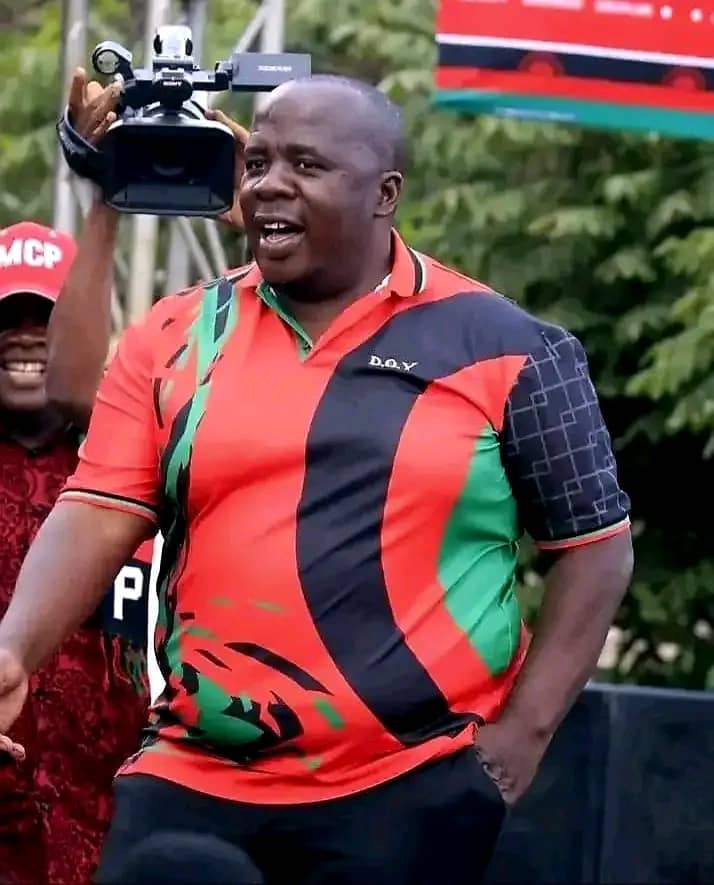



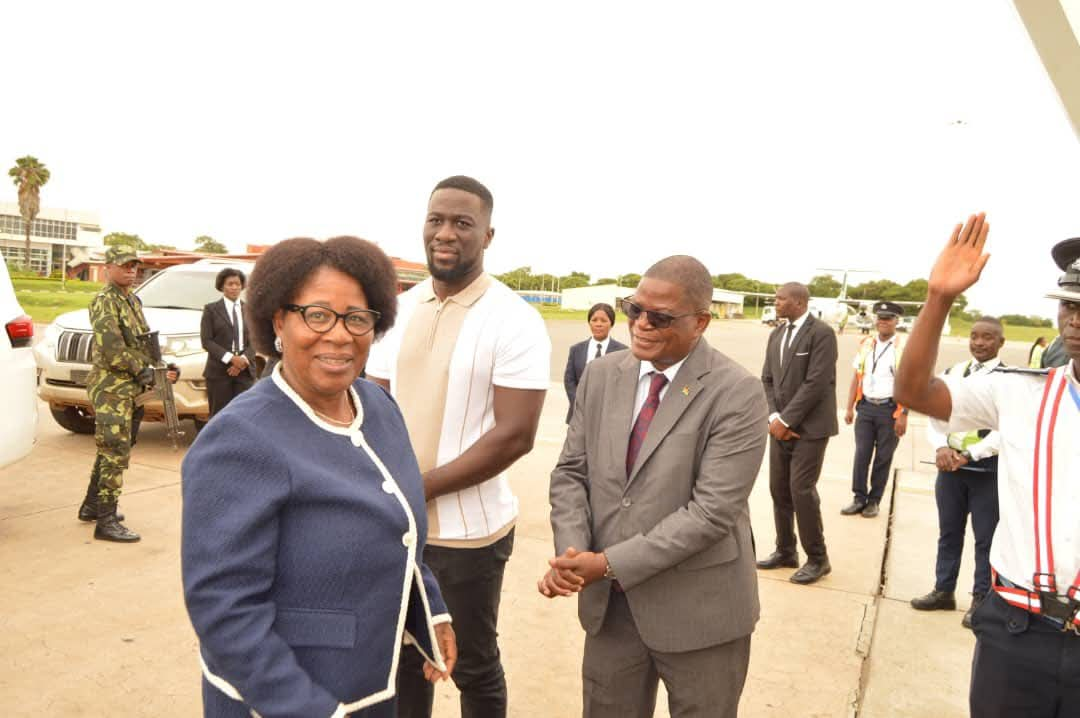

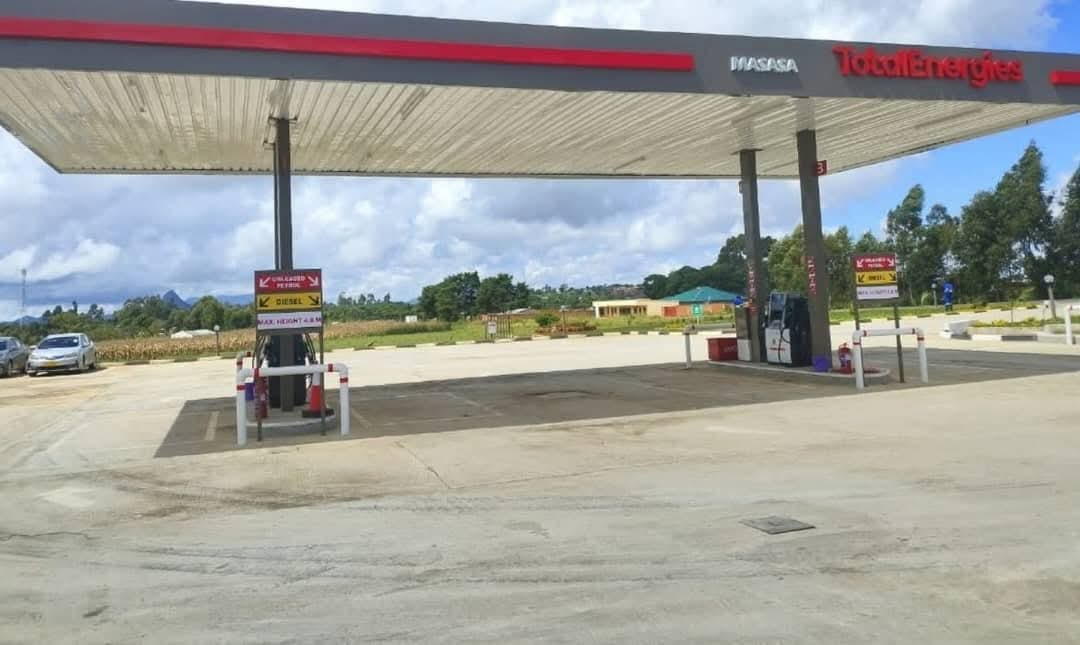
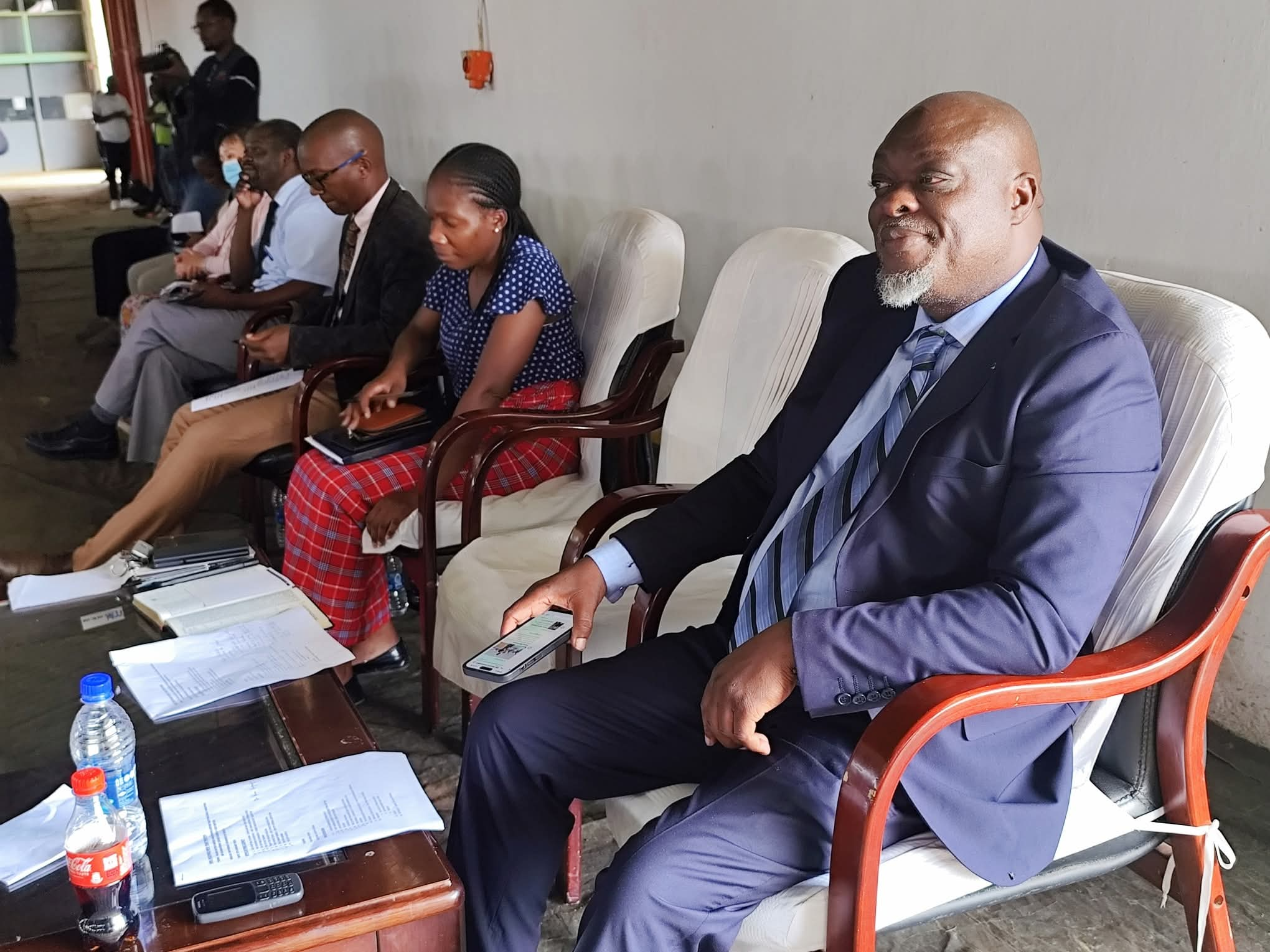
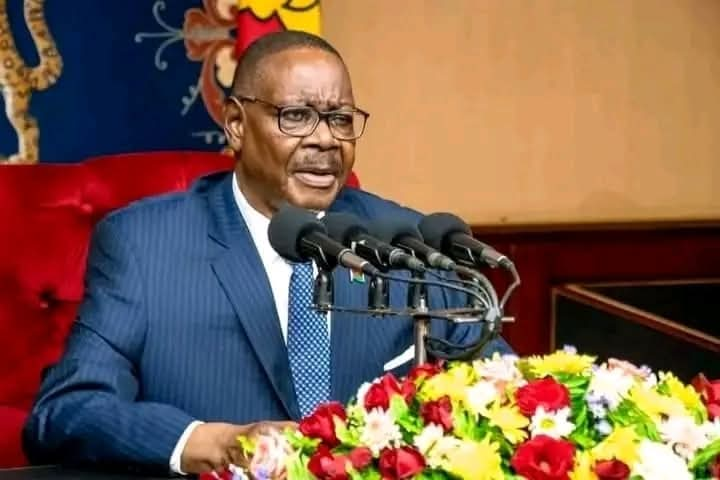
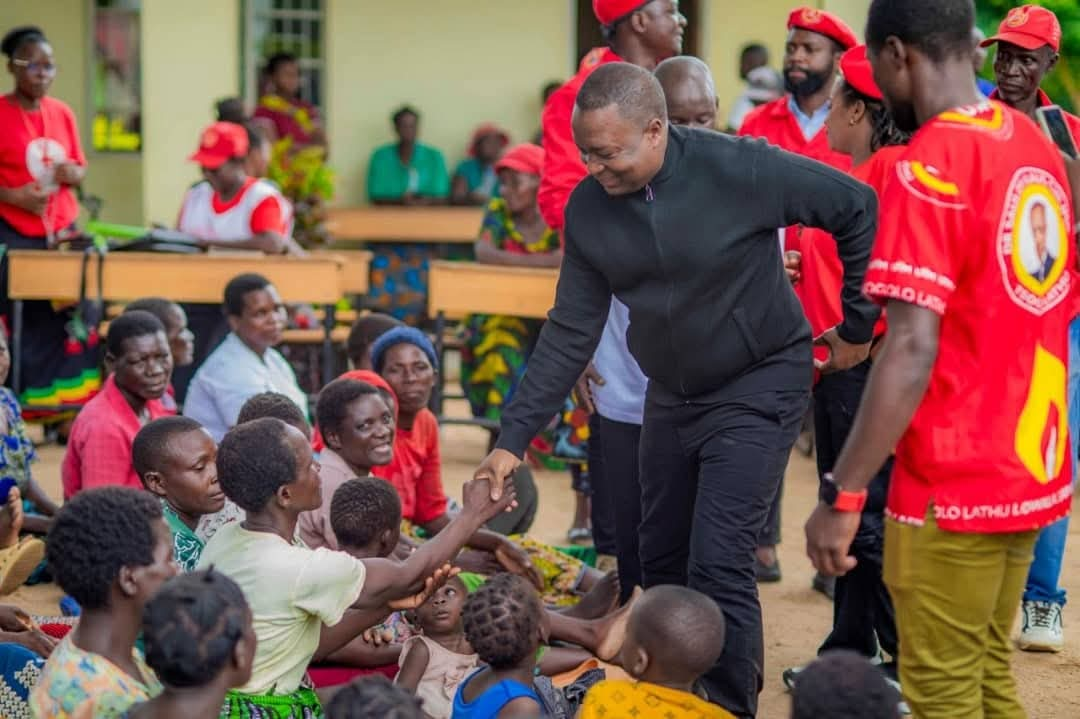
Leave a Reply